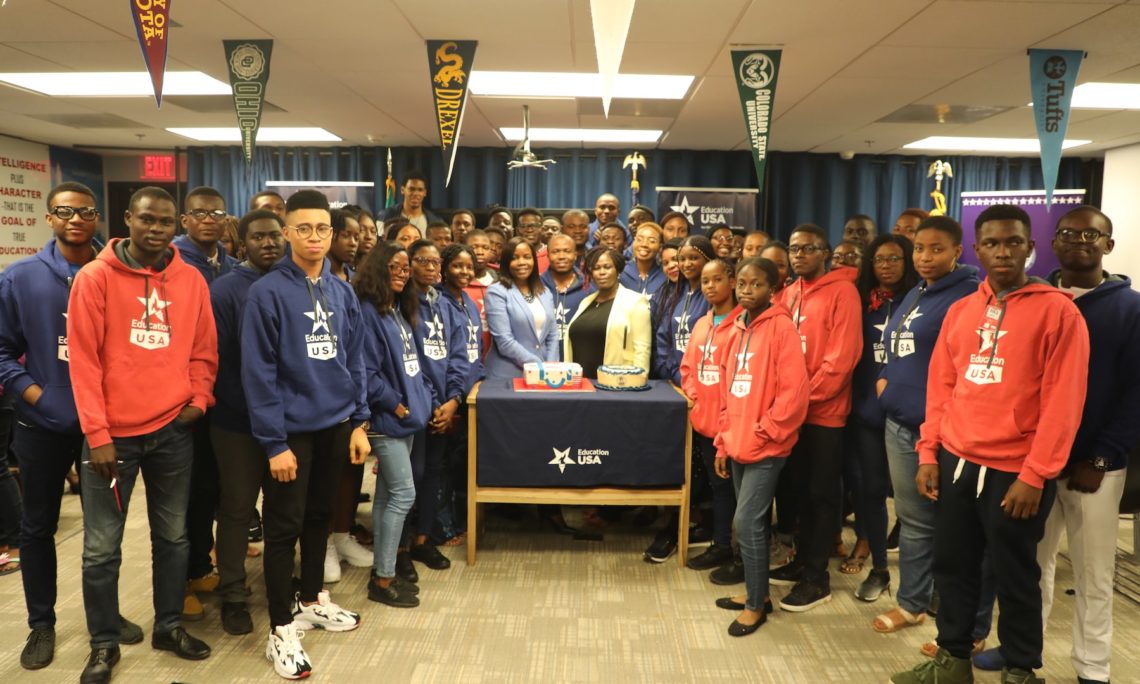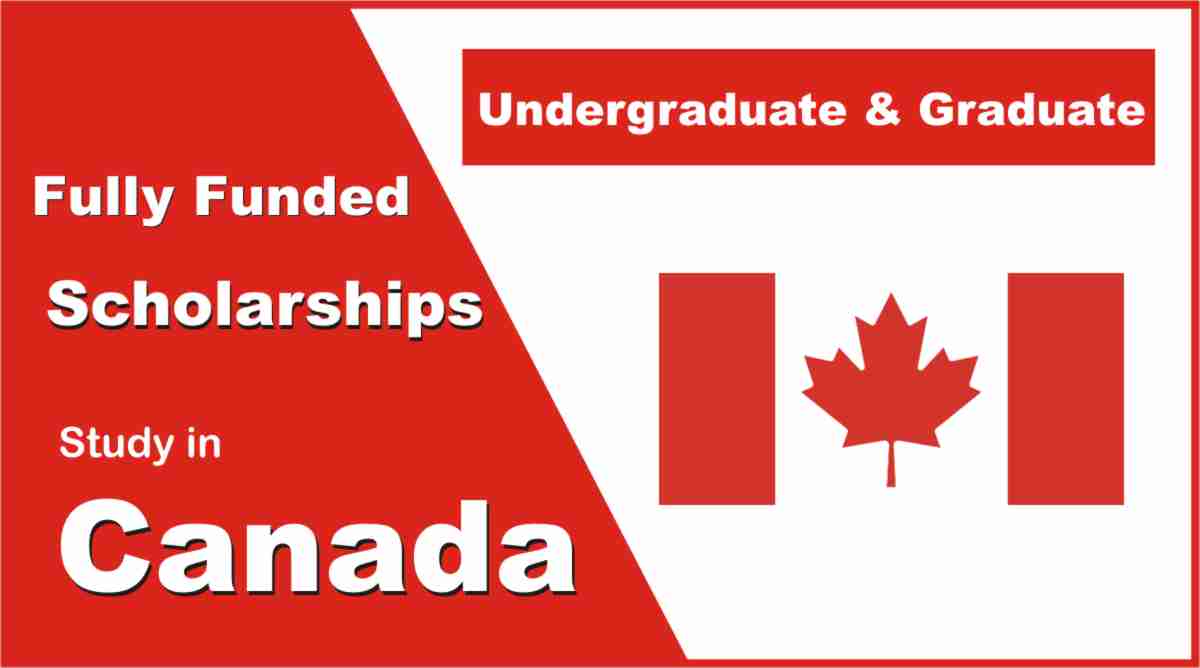Fully Funded EPSRC and Johnson Matthey Ph.D. Scholarship at Swansea University
Engineering Scholarships: Fully Funded EPSRC and Johnson Matthey Ph.D. Scholarship at Swansea University
This Scholarship is being organized by Johnson Matthey Technology Centre and EPSRC
Start date: the scholarship starts by October 2025
Subject areas:
- Catalysis
- Physics
- Chemistry
- Engineering
- Materials
- Electron microscopy
- Nanotechnology
Project supervisors: Dr. Manfred Schuster (Johnson Matthey) and Professor Richard E Palmer (Swansea).
Scholarship Description
This scholarship is a joint Scholarship between the nanomaterials lab at Swansea University. The university deals with all areas in the science field, such as physics, chemistry, nanometre-scale chemistry, etc.
Eligibility for Fully Funded EPSRC and Johnson Matthey Ph.D. Scholarship at Swansea University
Candidates have to keep a minimum of a top 2d classification (2:1) honors degree and/or a master’s degree (or it is equivalent) in engineering, physics, or chemistry
- The scholarship board would generally expect the tutorial and English Language necessities (IELTS 6.5 general with 5.5 in each component) to be met by way of application. For small print on University’s English Language entry requirements, kindly check the link at the end of this post.
- Good numerical/computational Skills to reprocess images and modeling are required.
Fully Funded EPSRC and Johnson Matthey Ph.D. Scholarship Benefits
There are lots of benefits that come with this scholarship:
Firstly, the scholarship will cover all your tuition fees, and you will also be given £1,500 for stipends.
Should in case of research, you will be provided with additional funds.
Fully Funded EPSRC and Johnson Matthey Ph.D. Scholarship Application
To apply for this scholarship, kindly visit this page
FAQs: Fully Funded EPSRC and Johnson Matthey Ph.D. Scholarship at Swansea University
What is the Fully Funded EPSRC and Johnson Matthey Ph.D. Scholarship at Swansea University?
The Fully Funded EPSRC and Johnson Matthey Ph.D. Scholarship at Swansea University is a prestigious doctoral scholarship program offered in collaboration with the Engineering and Physical Sciences Research Council (EPSRC) and Johnson Matthey. It provides full financial support for Ph.D. research in specific areas of study related to materials science and engineering.
Who is eligible to apply for the Fully Funded EPSRC and Johnson Matthey Ph.D. Scholarship?
Eligibility for this scholarship is typically open to candidates with a strong academic background in materials science, chemistry, chemical engineering, or related disciplines. Applicants should demonstrate a keen interest in conducting research related to materials for energy applications, particularly in areas relevant to Johnson Matthey’s expertise.
What does the Fully Funded EPSRC and Johnson Matthey Ph.D. Scholarship cover?
The scholarship typically covers tuition fees at the home/EU rate and provides a stipend to support living expenses for the duration of the Ph.D. program. Additionally, funding may be available for research-related expenses, including laboratory equipment, materials, and conference attendance.
How can I apply for the Fully Funded EPSRC and Johnson Matthey Ph.D. Scholarship?
To apply for this scholarship, interested candidates typically need to submit an application through the designated online portal or application process specified by Swansea University. Application requirements may include academic transcripts, a research proposal aligned with Johnson Matthey’s research interests, letters of recommendation, and a personal statement outlining the candidate’s qualifications and motivation for pursuing the Ph.D.
What are the research areas covered by the Fully Funded EPSRC and Johnson Matthey Ph.D. Scholarship?
The scholarship program supports research projects related to materials science and engineering, with a focus on areas such as energy storage, catalysis, sustainable materials, and environmental technologies. Research topics may include the development of new materials for batteries, fuel cells, catalysts, and other energy-related applications, as well as the characterization and optimization of materials properties. Prospective applicants are encouraged to explore Johnson Matthey’s research interests and expertise to align their proposals with current priorities.






